Coronavirus will change Queensland forever and it’s not all bad
A team of experts in employment, psychology, traffic and social demographics has revealed that when Queensland emerges from the dark days of the pandemic there will be a brightness to many parts of our lives that we could never have imagined.
QLD Coronavirus News
Don't miss out on the headlines from QLD Coronavirus News. Followed categories will be added to My News.
LAZY weekends will be reborn in a revolt against the “busyness of life”, having a big backyard will be sought after, workers will become more loyal to their employer and traffic mayhem will ease, in the wake of the COVID-19 pandemic.
The nation’s experts in social demographics, psychology and employment have revealed they believe a sweeping change in the national psyche is already beginning due to the pandemic, as a shell-shocked generation of Australians face their first global crisis.
Qld health authorities trying to track Virgin passengers after coronavirus diagnosis
Private schools demand senior students return to class
Thousands of teachers working from home leaving office staff and teacher aides to supervise kids
Landlords can evict tenants who fail to pay COVID-19 rent under new emergency rental laws
Surveys done on a cross-section of Australians have already exposed a seismic shift in our way of thinking, with 86 per cent confirming they have already changed their behaviour and one in 20 admitting they don’t believe life will ever go back to the way it was.
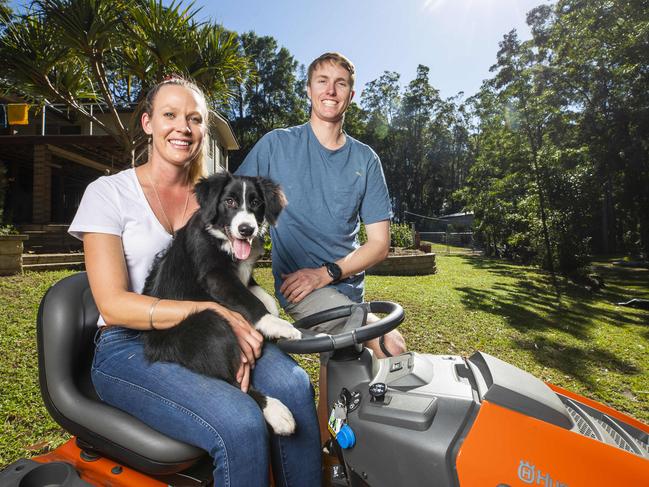
Early research and analysis into the country’s “way out” of this pandemic have uncovered the surprising ways life is set to change, due to an economic, hygiene and behavioural revolution, including:
A push towards suburban living with big backyards instead of compact high density living.
■ Overconsumption “will feel obnoxious” and loyalty will return as employees seek financial security.
■ Workers who felt trapped in insecure jobs will be desperate and motivated to upskill.
■ Restaurants buffets are likely to be scrapped, as will plastic menus, communal cutlery and the ubiquitous pub food “buzzer”, according to the hospitality industry.
■ Cinemas have revealed moviegoers will sit in a chequered pattern – instead of side-by-side – to enforce social distancing when they first reopen.
■ Public hugs and handshakes are predicted to be socially unacceptable for at least three years.
■ Homeowners will be more likely to have adult children and elderly parents living with them admit the economic downturn, leaving houses packed to the rafters.
■ Gardening, boardgames, baking and DIY will increase and there will be no more running up the credit cards to buy “keeping up with Joneses” superficial items.
■ Children will thrive as they enjoy more time with their parents and kids are learning resilience — a vital life skill psychologists say has been missing in recent times.
“Many of us will look back on this pandemic and realise that it has changed our lives for the better. The new normal will not look anything like our old normal but in many ways that’s a good thing,” social expert David Chalke told The Sunday Mail.
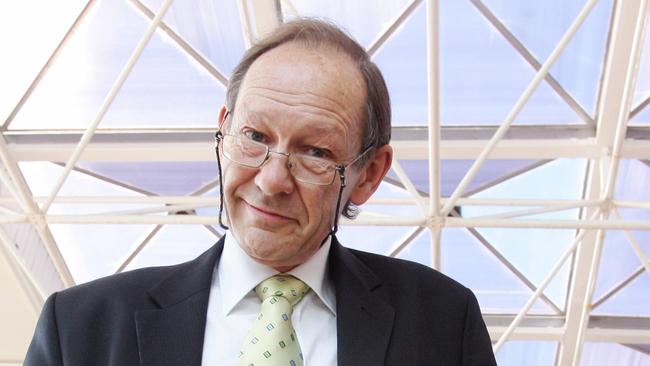
He said people were embracing “Australian exceptionalism”, with Aussie pride flooding back as we realise we still live in the lucky country.
He said in past decades Australians had slowly gravitated to wanting a more cosmopolitan way of life, but now as we watch the rest of the world fumbling over their pandemic tactics, Australia leads the way.
“Post corona we will see a return to the fundamental necessities of life — our families. We were forced back into the fold with isolation regulations and that is where we have found strength and comfort and that will continue,” Mr Chalke said.
“We will find ourselves again embracing the joys of free time with those we love and will enjoy weekends with the kids rather than living in a frenzy of ‘busyness’.”
He said social media influencers, who make their living promoting high-end products and travel will do it tough, but some have already reinvented themselves to show they are more community-minded and ready to help.
“Money will be tight and we won’t want materialism thrown in our faces. The pandemic has caused us to be more community-centred,” Mr Chalke said.
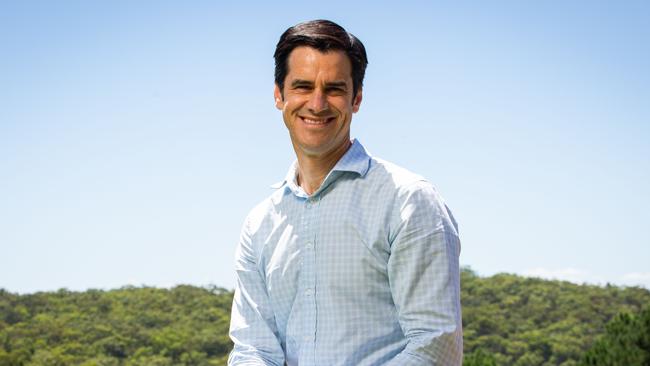
Demographer Mark McCrindle told The Sunday Mail his research on more than 1000 Australians shows the pandemic has blown out of the water many predicted social trends.
The rush to low maintenance unit living is likely to dwindle as we realise that a house with a back garden may work better for the nesting that will come in the future. Working from home in a small unit can prove claustrophobic.
He said social distancing and hand sanitising is likely to become a long-term part of life and we will see a rise in germ phobia.
McCrindle believes that we will grieve the way we socially interact as the Aussie way is a pat on the back and a warm handshake.
“Handshakes and hugs will be gone forever,” Mr McCrindle said. But Mr Chalke is not so sure.
“I think they will return after a few years. It is a hard thing to keep down,” he said.
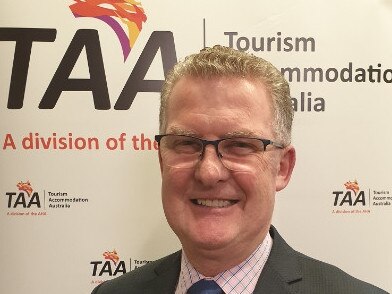
Tourism Accommodation Australia chief executive officer Michael Johnson said the virus looked to have killed the buffet, with guests also more likely to choose in-room dining once hotels reopened.
Measures to be implemented include COVID-19 refresher courses for staff, enhanced room cleaning with a “second going over” and sanitiser at lift entrances.
“I think we can say that hotel buffets just won’t be acceptable,” Mr Johnson said.
“The famous seafood buffets in hotels that are so well patronised will certainly be difficult in these moments. Whether those buffets may be able to operate with staff serving as opposed to the days when you pick things up yourself, we’ll see, but I do think there will be a lot more in-room dining. People won’t be as keen to eat in the restaurant.
“It will be a very slow road to recovery for a lot of these places.”
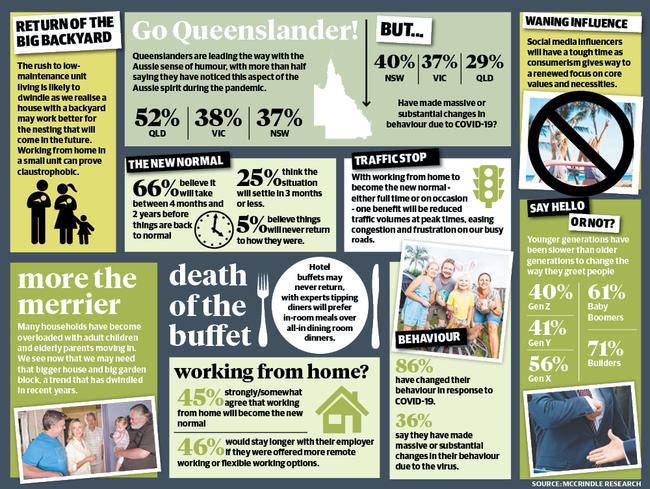
Clubs Queensland President Terry McDonald said nothing was off the table when it came to reopening venues.
“We expect that it will be the reverse of what it was going in to the shutdowns, so we will start with the extra distance between tables and that’s fine, as long as we can open again, we’ll abide by whatever rules we have to,” he said.
“Sanitation and hygiene will be really ramped up and that is something we’re already mindful of because so many of our patrons are seniors.
“Whatever rules are called for, we will do it, because we need to get back on track.
“Clubs are such an important part of communities and communities are important to clubs.”
Psychologist Dr Michael Carr-Gregg says a big silver lining to the pandemic is that children will love and thrive on family retreating into the home.
“The pandemic has taught children a necessary skill – resilience. We have seen that slip in children in recent years. Also, I think children will have a better acceptance of school life. They will appreciate their teachers more,” he said.
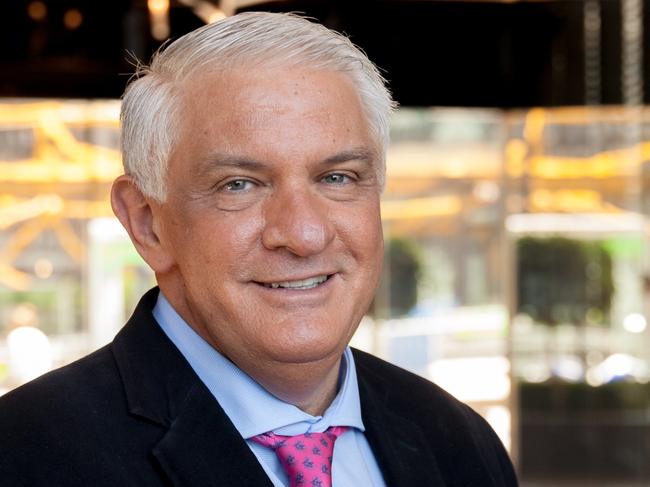
The job landscape has been rocked to the core and many Queenslanders flattened by sudden job losses.
The Australian Bureau of Statistics found the number of people who had a job fell by three percentage points between early March and early April.
Employment is in a tough spot, but Tudor Marsden-Huggins, a veteran employment expert and managing director of national and international business Scout Talent, said people are learning to upskill and reinvent themselves.
“Those that have been working in mortally wounded industries like travel and retail will have had their hands forced to make changes,” he said.
“Older tech savvy Queenslanders who have worked through other crises have shone throughout this pandemic with a calm approach.”
McCrindle believes that young people will have gained respect for older workers who have long service and have gained tenure with their employers.
“The trends to this point showed that young Australians would hop from job to job in their lifetimes and work casually. The fallout from the pandemic has caused a rethink,” he said.
His research says that since COVID-19 73 per cent of Australians think they will be working from home in the future, at least part time, and 75 per cent say they are equipped to do so.
Businesses will be required to add floor space to allow social distancing and this will push some to encourage remote working.
“We will see the historic problems of peak hour traffic jams fade,” McCrindle said.
Russell White who is the CEO of the Australian Road Safety Foundation says there has been a 15 per cent reduction in road accidents since isolation measures.
“As people work from home there will be great benefits to traffic flow and likely less crashes but there will need to be recalibration of driving skills as less traffic can mean faster speeds,” he said.



